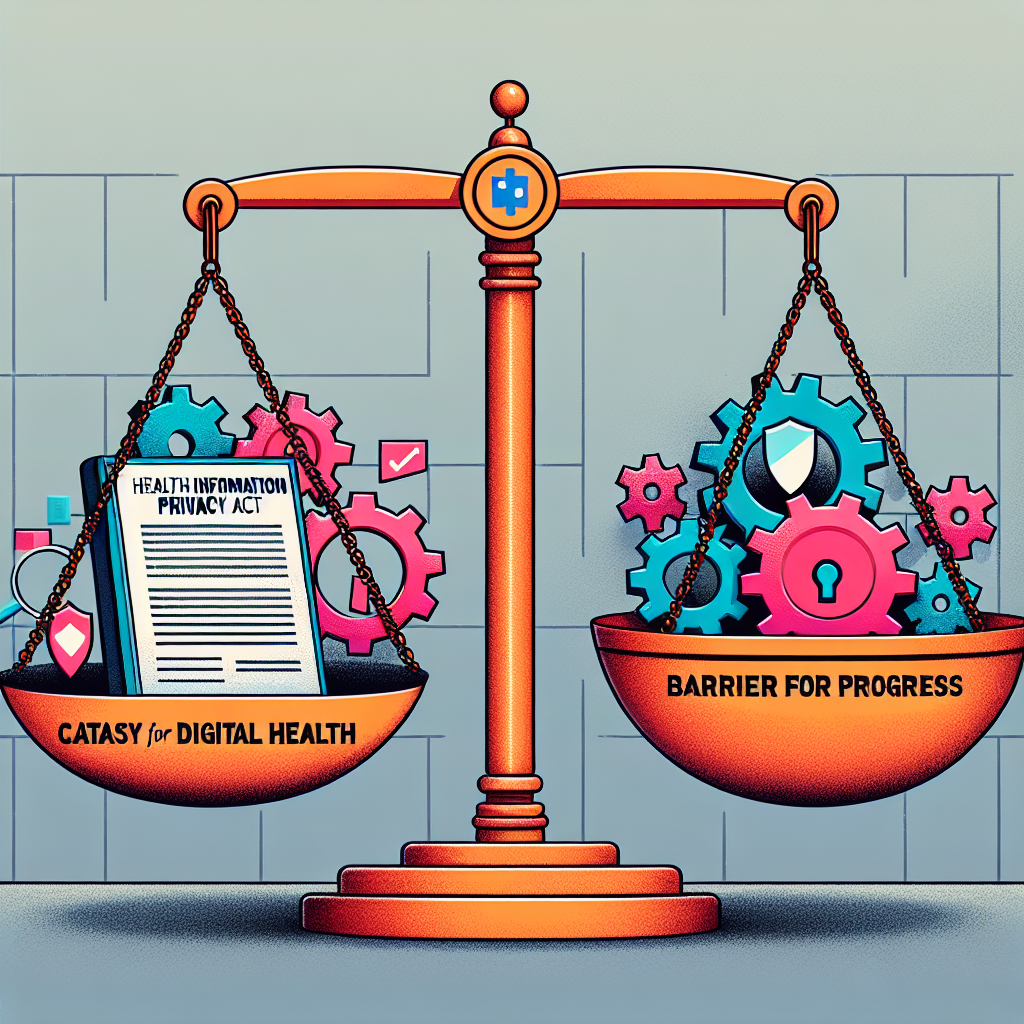New York’s Health Information Privacy Act: Catalyst for Digital Health or Barrier to Progress?
New York’s Health Information Privacy Act: Catalyst for Digital Health or Barrier to Progress?
Introduction
The New York Health Information Privacy Act (NYHIPA) is stirring debate over its potential impact on digital health innovation and patient privacy. As the state seeks to enhance data protection, stakeholders are divided on whether the act will drive progress or hinder technological advancements.
Key Features of NYHIPA
- Enhanced Data Protection: The act aims to strengthen patient data privacy by imposing stricter regulations on data sharing and usage.
- Consent Requirements: It mandates explicit patient consent for data sharing, ensuring individuals have control over their health information.
- Compliance Obligations: Healthcare providers and tech companies must adhere to new compliance standards, potentially increasing operational costs.
Potential Benefits
Proponents argue that NYHIPA could serve as a catalyst for digital health by:
- Building trust in digital health solutions through robust privacy measures.
- Encouraging innovation in privacy-preserving technologies.
Challenges and Concerns
Critics warn that the act might pose barriers to progress by:
- Creating bureaucratic hurdles that slow down technological adoption.
- Increasing costs for compliance, potentially stifling smaller startups.
Conclusion
NYHIPA presents a double-edged sword: it could either propel digital health forward by fostering trust and innovation or impede progress through increased regulatory burdens. The act’s true impact will depend on its implementation and the adaptability of the healthcare and tech sectors.






































